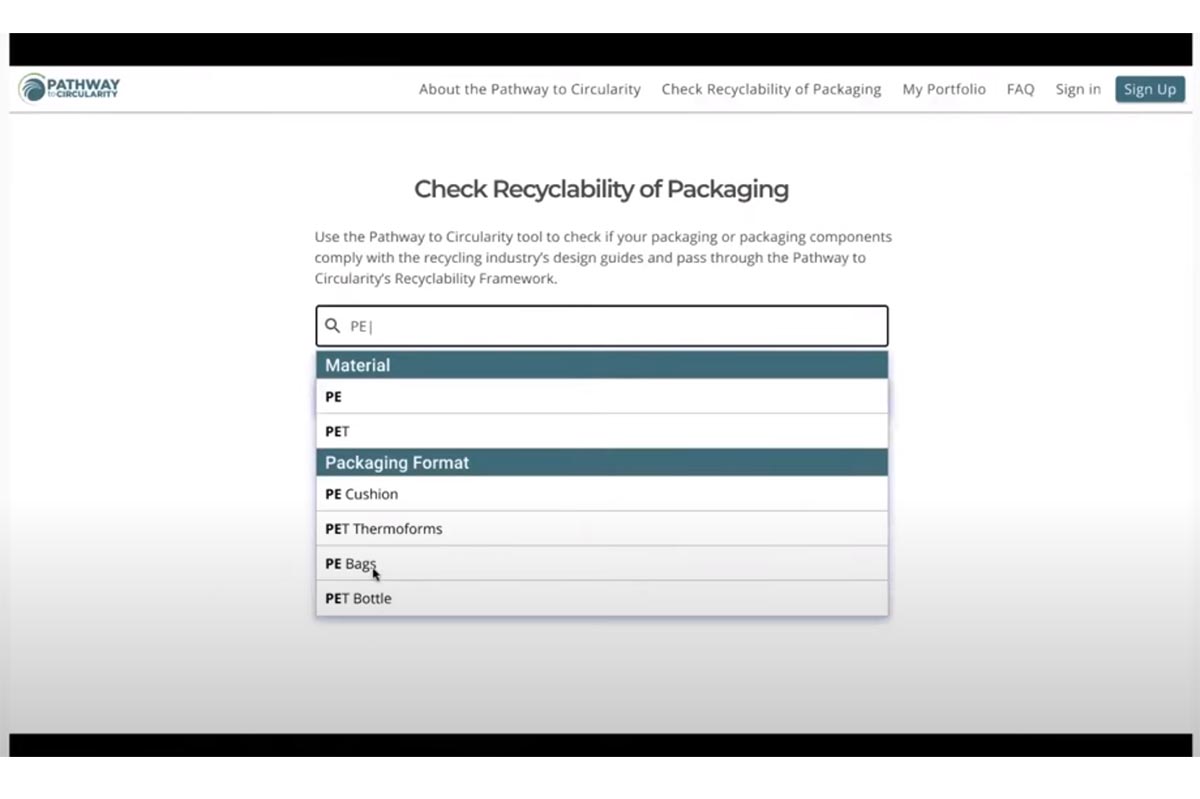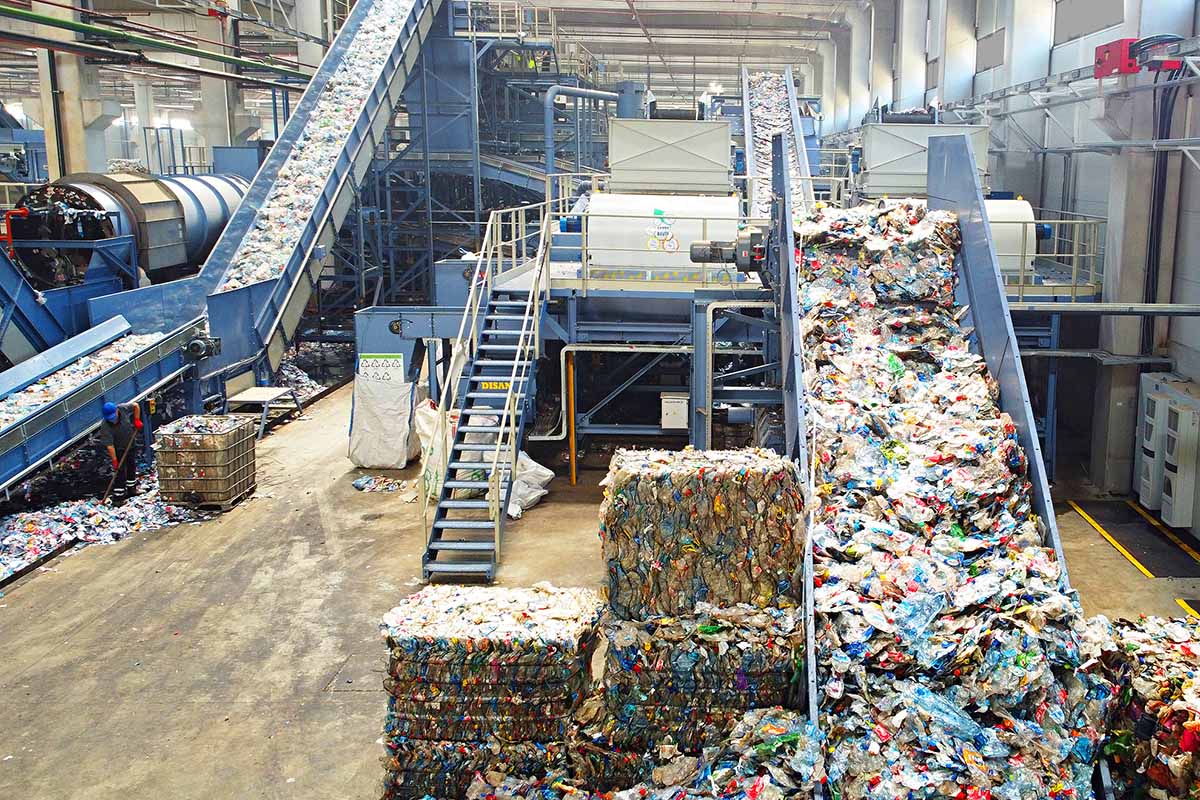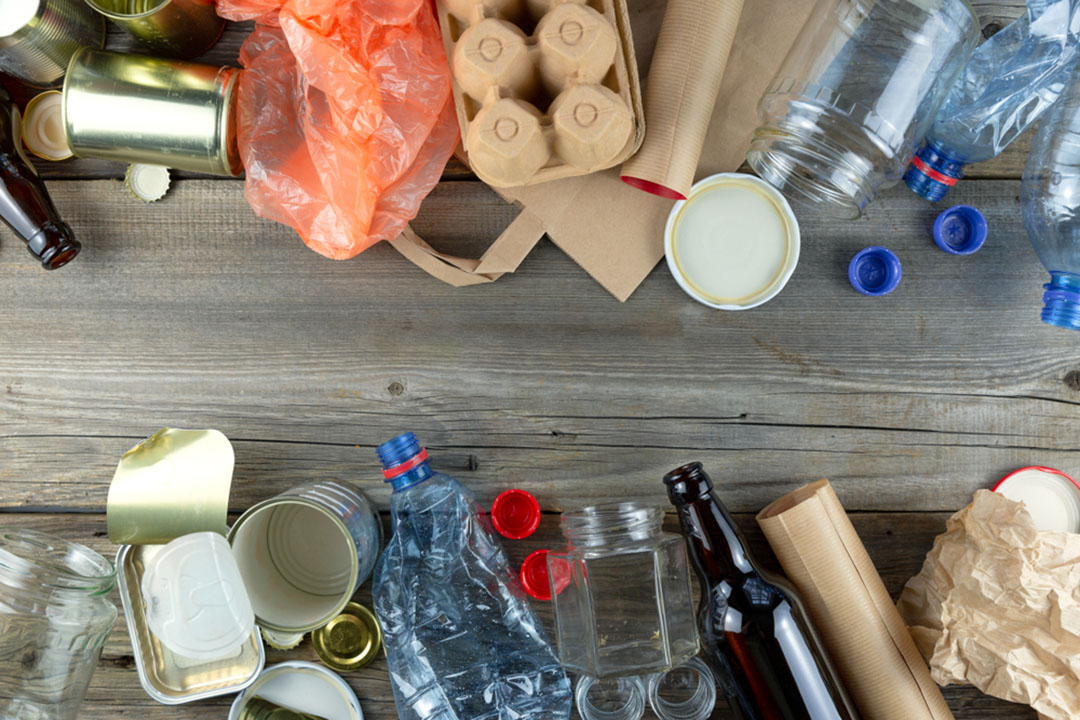
Speaking during the “Tensions in Recyclability Labeling” session at the Plastics Recycling Conference were (from left to right) Erik Grabowsky of Arlington County, Va., Steve Alexander of the Association of Plastic Recyclers, Heidi Sanborn of the National Stewardship Action Council and Karen Hagerman of the Sustainable Packaging Coalition. | Brian Adams Photography/Resource Recycling, Inc.
Consumers are confused and frustrated by recycling label systems in the U.S., and it will take a group effort to fix the problem, panelists told Plastics Recycling Conference attendees.
Continue Reading











